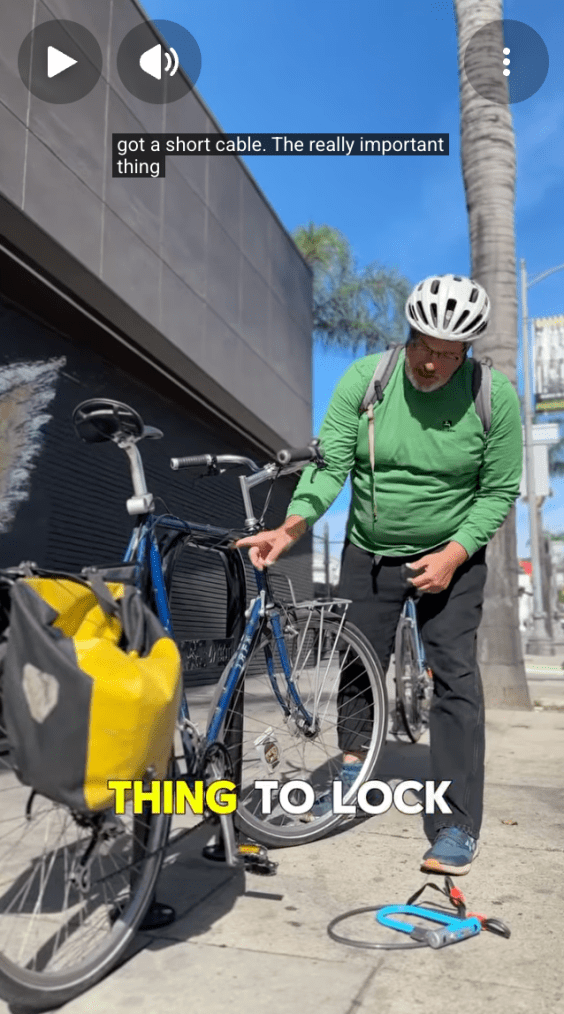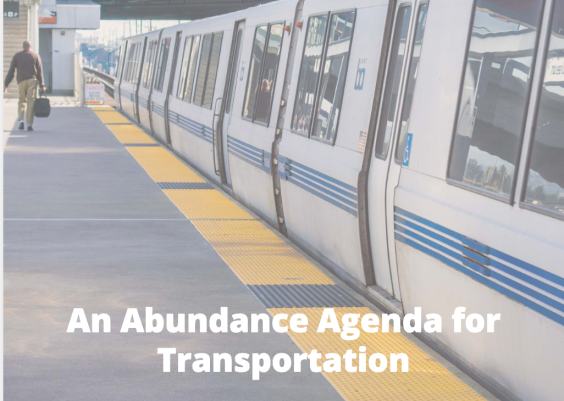
Riders of the J-Church know all too well what it's like to wait for a packed peak-hour train without any guarantee they'll be able to squeeze on board. If you look at the data, though, the SFMTA says the picture isn't as bad as it's been made out to be. Still, two city supervisors aren't buying it.
The J-line has recorded a 76.8 on-time performance rate since January, according to SFMTA Transit Director John Haley, but Supervisor Scott Wiener wonders whether that statistic reflects the reality of the daily riding experience.
"I think a lot of people who use it regularly would look at that number and laugh," he said.
Supervisors Wiener and John Avalos held a hearing yesterday to address frequent rider complaints about poor reliability on the J-Church and switchbacks on the 14-Mission line at a City Operations and Neighborhood Services Committee meeting. Haley came to the table with statistical data highlighting Muni's recent progress, but the numbers were cold comfort to supervisors and riders.
"In a system where [switchbacks are] a common occurrence, I have no real leverage in my district to encourage people to get out of their cars and use Muni. I want to do that desperately," said Avalos, who admonished the disproportionate impacts of switchbacks felt by those living in the outer neighborhoods. "But...it's impossible for me to speak about Muni being a reliable service that people should use rather than their cars. The reality does not meet their needs."
Although Haley included a wish list of potential strategies to improve service, he defended the agency's progress. Trends are reportedly looking positive since the last hearing, with switchbacks on the 14-mission declining from 180 in January to 116 in March up to the 25th, most of which are done just after peak hours, said Haley. On the J-Church, only 0.38 percent of trips were reportedly turned around early this year, and operator absenteeism has improved.
However, Wiener and riders who spoke at the hearing referred to commonly heard stories of regular extensive delays and wildly inaccurate NextBus predictions. Roughly a dozen students from Mission High School who came to the hearing said having to rely on the J-Church means high truancy rates.
Speakers also bemoaned switchbacks for the lack of communication to riders and long wait times, as well as their particularly harsh impacts on the disabled at non-accessible stops and confusion for residents who don't speak English.
Haley said the discrepancy between anecdotes and data on the J could be partly due to confusion with an irregularly scheduled 7 to 13-minute headway, coupled with poor NextBus feedback for arrival times. As one solution, he recommended setting an easily expectable 10-minute headway.
"I think the data shows what it shows, but I think there's also a big concern with the way people perceive how long they're waiting, and I think we've contributed to that," he said.
The most frequent cause for delays on both the J and 14 lines continues to be problems with poorly maintained Muni vehicles, while double-parked private automobiles remain at the top of non Muni-related causes. Increased parking enforcement, Muni signal priority, stop consolidation, and faster boarding, including ticket machines at J-Church stops, remain among Haley's top priorities for strategies yet to be used.
The continued use of switchbacks as a technique to manage Muni service has yet to gain much tolerance from Avalos, but Wiener showed relative patience with the issue.
"I understand that Muni needs to use switchbacks periodically to re-balance the system," said Wiener. "I also understand Muni would like to reduce the number, and that'll be a good thing, but they'll only be reduced as we improve the overall flow of the system, so that gives us extra incentive [to do that]."





